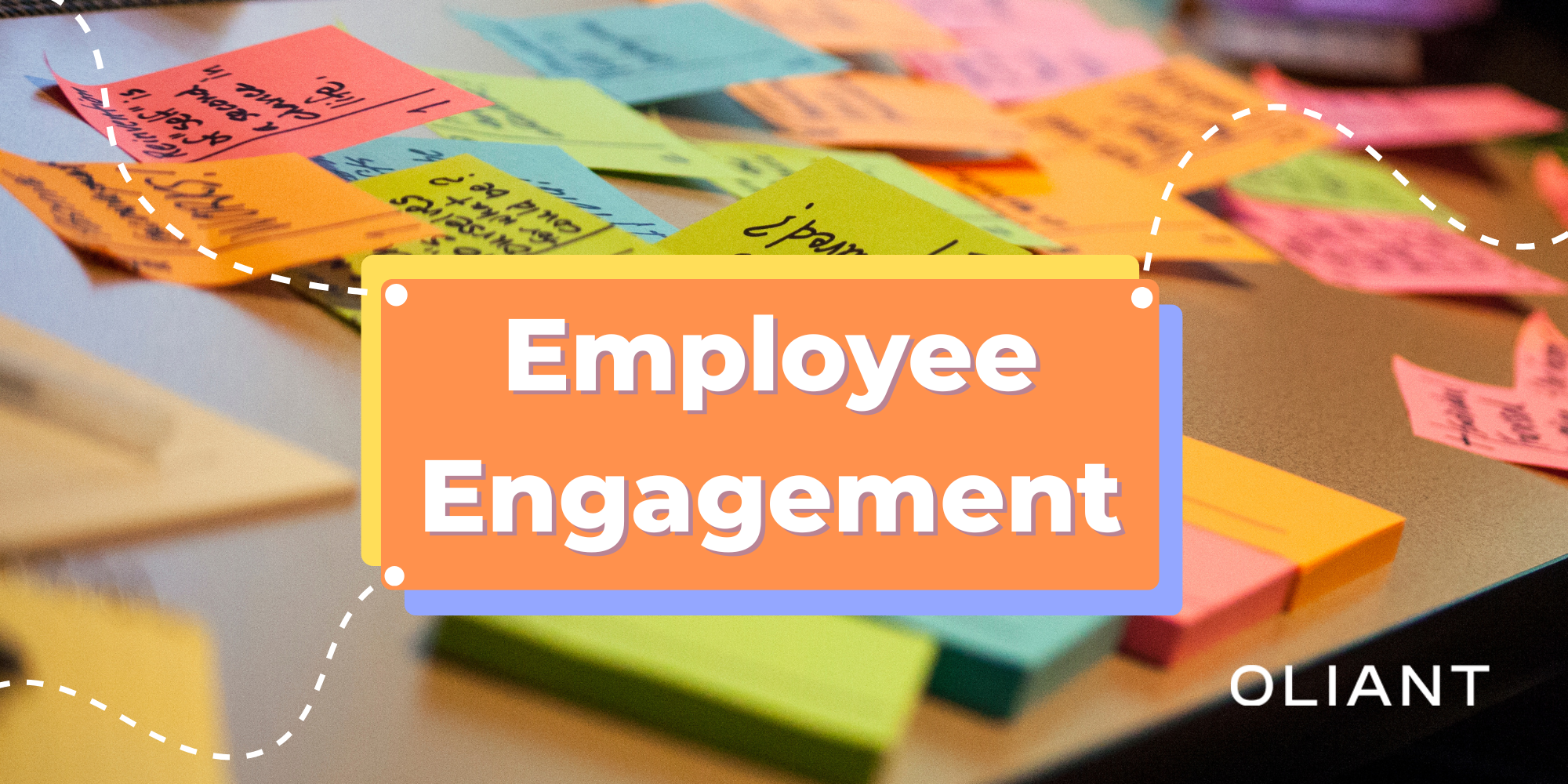Mentorship and mentorship programs have become a cornerstone of leadership development, especially in today’s work culture. But one question remains: Are great mentors born, or can anyone become one through effort and experience?
It’s hard to avoid mentioning the pandemic. Pre-covid, life-work balance was a subject most people were reluctant to discuss. I’ve already delved into the effects of remote vs. in-office work, but suffice to say, long hours prevailed over anything else, and taking time off for emotional well-being was often seen as a weakness.
Luckily, after Covid the narrative around work-life has shifted. Employee well-being and mental health at work have become central concerns. A new generation of workers demands flexibility and emotional support, while older generations are also recognizing the importance of a balanced lifestyle.
This cultural reset laid the groundwork for modern mentorship programs that focus not only on performance but on personal growth. In fact, there’s been a 30% increase in mentoring initiatives at organizations.
So, are mentors born or made? And how can you become a mentor yourself and help others with their decisions? When writing, I like to explore all possibilities, even those that might contradict each other, so let’s get started.
Why are Mentorships Important?
Let’s start with understanding our surroundings: We are currently living in a shaky economic state, and it’s easy to feel overwhelmed. Employees often struggle to find purpose and fulfillment when daily survival takes precedence. This is where effective mentorship becomes a must.
This is where a good leader understands the driving force (or lack thereof) of their mentee and tries to minimize or refocus the negative impact, while stimulating discussion of possibilities and finding comfort.
Mental Health and Burnout in the Workplace
The Times reported that 97.5% of Fortune 500 companies have mentorship programs to help with issues such as higher workloads, unclear or unrealistic expectations, and change fatigue. This is because nowadays, employees have been reported to high risk of burnout due to these factors, according to 78% of HR and L&D professionals.
Forbes also mentions that companies with mentoring programs had profits that were 18% better than average, while those without mentoring programs had profits that were 45% worse than the average. This, of course, can lead to long-term issues such as decreased productivity due to burnout and loosing employees though quiet quitting.
About half of a mentor’s work is similar to that of a therapist. Mentors help others feel seen, heard, and valued. This emotional connection builds the trust and confidence needed to follow the right path in their experience, be it work or life. That’s when they find the strength to take more healthy risks and develop.
Mental health in the workplace is finally being recognized and asserted as a priority, as more and more businesses understand how our work essentially reflects how we are and what we feel. This is why it’s important to learn how to manage emotions and when to act on them, and how to impact people the right way.
[Also check out: How Digital Onboarding Improves your Team]
How Does a Mentorship Program Work?
A good mentorship program looks pretty simple from the outside being kind, listening more, etc. Mentors need to be patient with the employees' speed of development, give and hold space for interaction, and discuss opportunities if they want to achieve long-term solutions.
Mentorship programs are thoughtfully designed to match experienced mentors with mentees looking to grow. When there’s compatibility in personality and professional interests, the relationship flourishes.
Once the match is made, both mentor and mentee work together to define their goals. Are they aiming to develop leadership skills, navigate a career change, or simply build confidence? Setting clear objectives gives the relationship purpose and direction.
But mentorship isn’t a one-way street. Great programs include feedback loops—spaces where both mentor and mentee can share their perspectives on what’s working and what isn’t. This open exchange deepens the relationship and helps refine the process for better outcomes.
Mentorship can take many forms, it can be from internal support from HR, leadership teams or it can even come as a positive side effect from external sources such as staff augmentation services. These stakeholders provide training, structure, and oversight to ensure that the experience is consistent and impactful for everyone involved.
.png)
What Makes a Good Mentor?
So, how do you recognize a good mentor or become one yourself? Whether you join a formal mentorship program or simply offer guidance to someone on your team. Here are some good qualities that are good to look out for.
- They actively listen, give meaningful feedback, and implement solutions
- They use positive, supportive language, even when dealing with problems.
- They create safe spaces for open communication, where mentees can share their concerns without fear of consequences.
- They stay calm and grounded, even during emotional moments.
- They try to align with their mentees' life values and professional goals, or at least understand where they’re coming from.
[Also check out: Staff Augmentation: How to Do it Right]
The Benefits and Impact of Good Mentorship Programs
When mentorship is done right, the benefits ripple across all areas of life and work:
Job Fulfillment and Efficiency
- Tasks are completed faster and with greater focus.
- Work becomes more enjoyable, even during long hours.
- Teamwork between employees improves.
- Feedback and collaboration become second nature.
- Employees are more likely to ask for help when needed.
Career Growth and Confidence
- Employees gain platforms to showcase their skills.
- Feedback loops and career growth are better implemented.
- Employees feel empowered to make independent decisions.
- Leadership and self-leadership are improved.
- Teams feel more comfortable advocating for their needs.
Healthy Work-Life Balance
- Rest and PTO are prioritized in healthier ways.
- Employees can find schedules that work for them.
- Confidence and positive attitudes are shared throughout teams.
- Burnout is reduced or avoided entirely.
Stronger Professional Networks
- Your business's positive outlook attracts meaningful connections.
- You influence others to pursue balance and growth.
- You foster trust across teams and communities.
Conclusion
So, are mentors born or made? Well, the answer is both.
People may find you easy to talk to, you might be naturally empathetic or influential, but without the hard work, development cannot proceed. Times change. Workplaces change. People change. If you want to be an effective mentor, you need to adapt accordingly.
A good mentor sits still with others, absorbs their surroundings, foresees possible outcomes and acts when the time is right. A good leader will tell you the truth regardless of their own opinion and will encourage you to do the same. A good leader is one that does not forget their human nature and works with it, not against it.
A good leader sits still with others, absorbs their surroundings, foresees possible outcomes, and acts when the time is right. They speak honestly, regardless of their own opinions, and they will encourage their mentees to do the same. They support growth, encourage self-reflection, and never lose sight of their humanity.
Whether you're mentoring others or seeking guidance yourself, remember: Mentorship is a dynamic journey, not a fixed trait.
Interested in learning more about how to transform your team? Have a chat with our local lead experts.




















.png)





.png)



.png)










.avif)










.avif)
